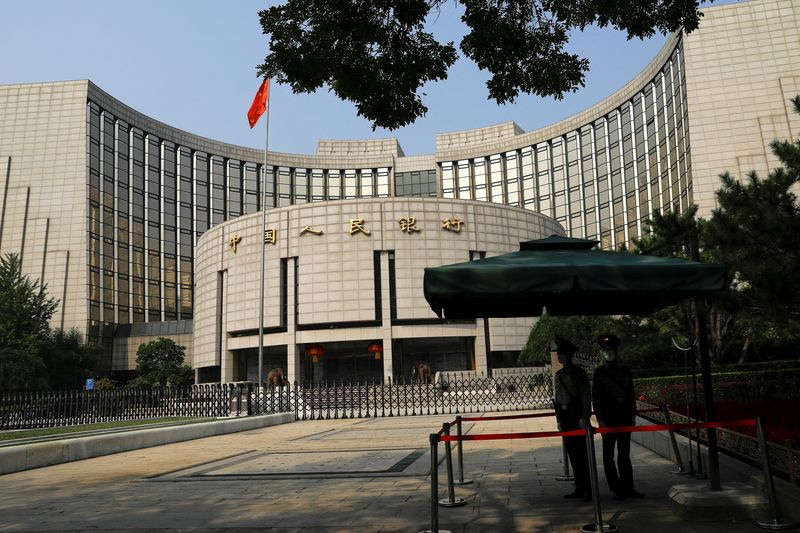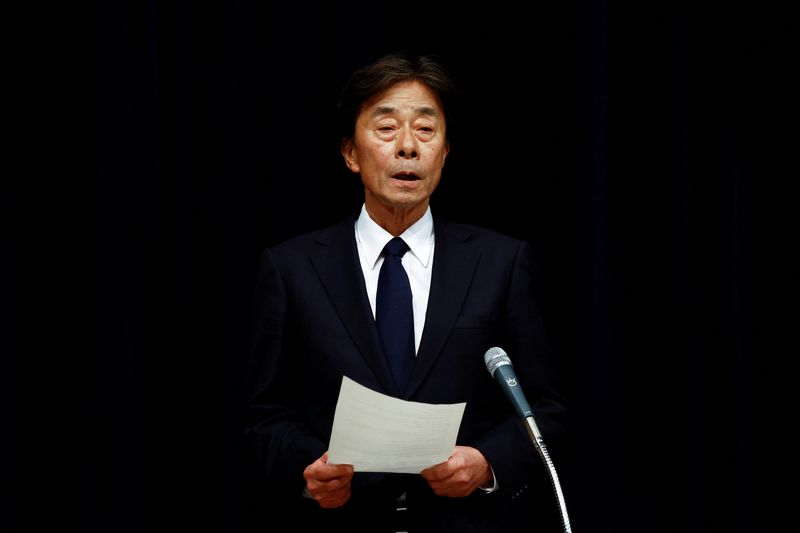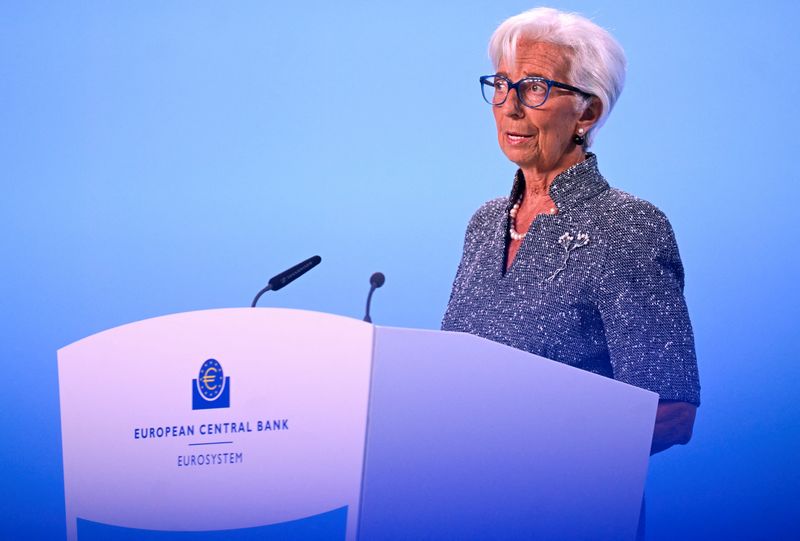
PARIS (Reuters) – French conservative Michel Barnier, named prime minister by President Emmanuel Macron on Thursday, faces an overflowing in-tray on his desk, not least with tricky budget legislation to pass.
The following are the likely next steps for Barnier as he settles into his new office.
FORMING A GOVERNMENT
The political veteran’s first order of business will be to come up with a new government, which has to be signed off on by Macron.
Given Macron’s lack of a parliamentary majority, Barnier will need to carefully weigh who gets what ministerial portfolio as opposition parties will be unforgiving towards any casting errors.
VOTE OF CONFIDENCE
By tradition, soon after forming a government the new prime minister delivers a speech to the National Assembly outlining policy priorities, such as possible reforms.
If the new premier does not then seek a vote of confidence in the lower house of parliament, then opposition parties can seek one instead.
A vote of no-confidence against Barnier’s government would require 289 votes in favour in the 577-seat lower house.
With leftist parties set to vote against, Barnier’s political survival is likely to hinge on the far right National Rally abstaining from a vote against him.
They have said they would wait and see first what he has to say about immigration and changing France’s voting system.
BUDGET
If Barnier makes it past that hurdle, the first major policy challenge he faces is drafting 2025 budget legislation, which must be handed over to lawmakers by Oct. 1.
That leaves precious little time for Barnier’s team to finish off work already prepared by the outgoing government by mid-September, when the national public finance watchdog is by law due a chance to weigh on whether the numbers stack up.
That will be no easy task with the budget deficit already this year running billions of euros over target, leaving Barnier tough choices about calibrating spending cuts and tax rises.
Once the bill is delivered to parliament, Barnier’s new finance minister will have to fend off attempts to radically rewrite it amid calls from the left for broad-based tax hikes.
The budget bill’s likely rocky progress through parliament will probably take the rest of the year, with a final vote usually in the course of December.
If opposition parties are not satisfied, they can call a vote of confidence, putting Barnier’s government at risk of being toppled.












